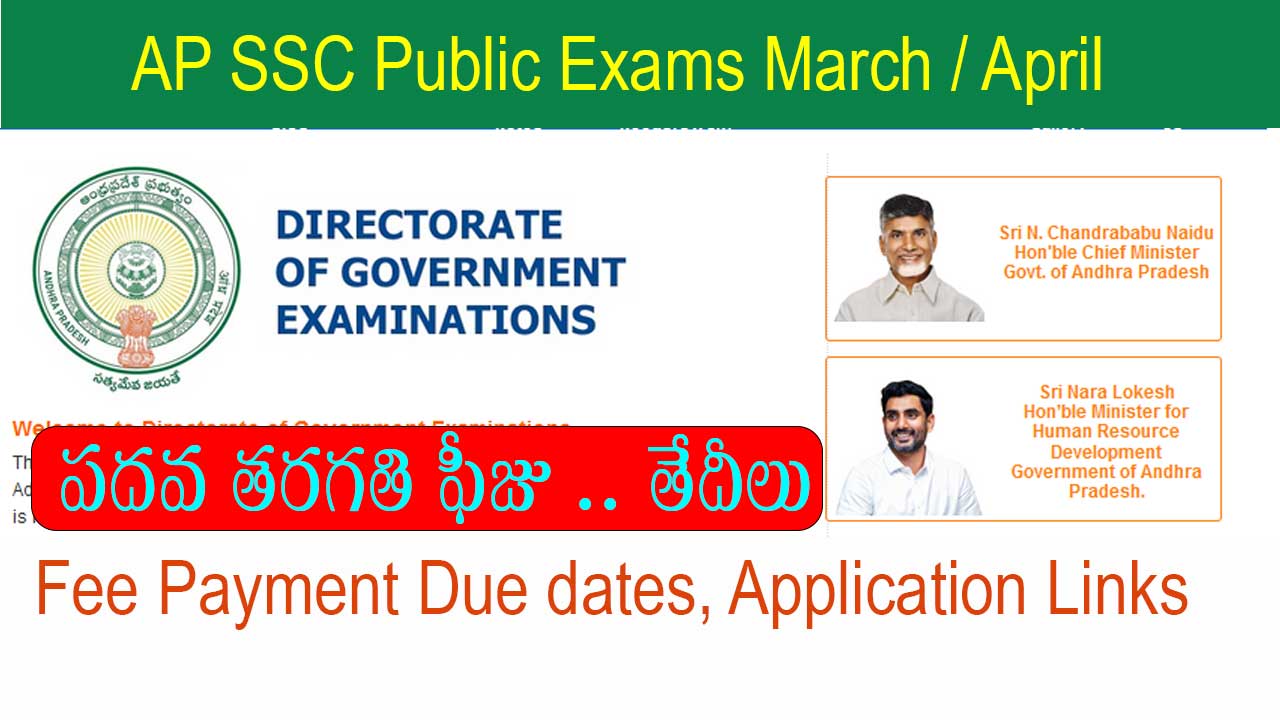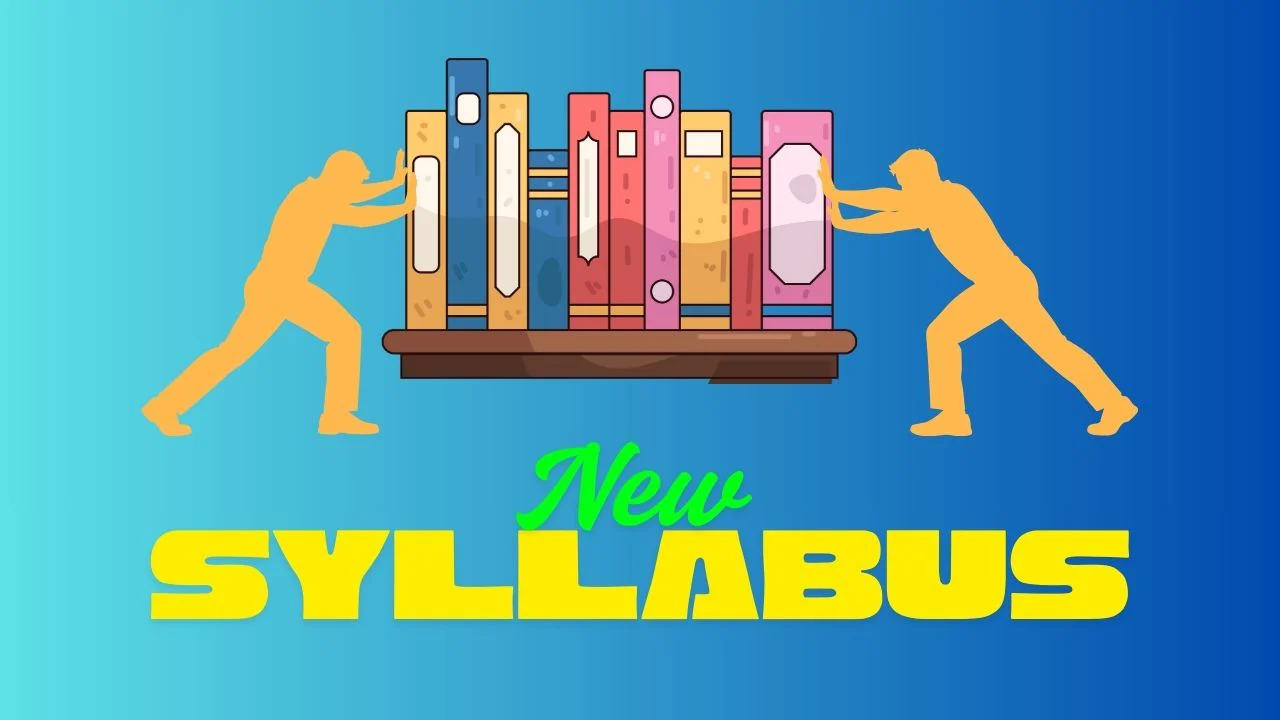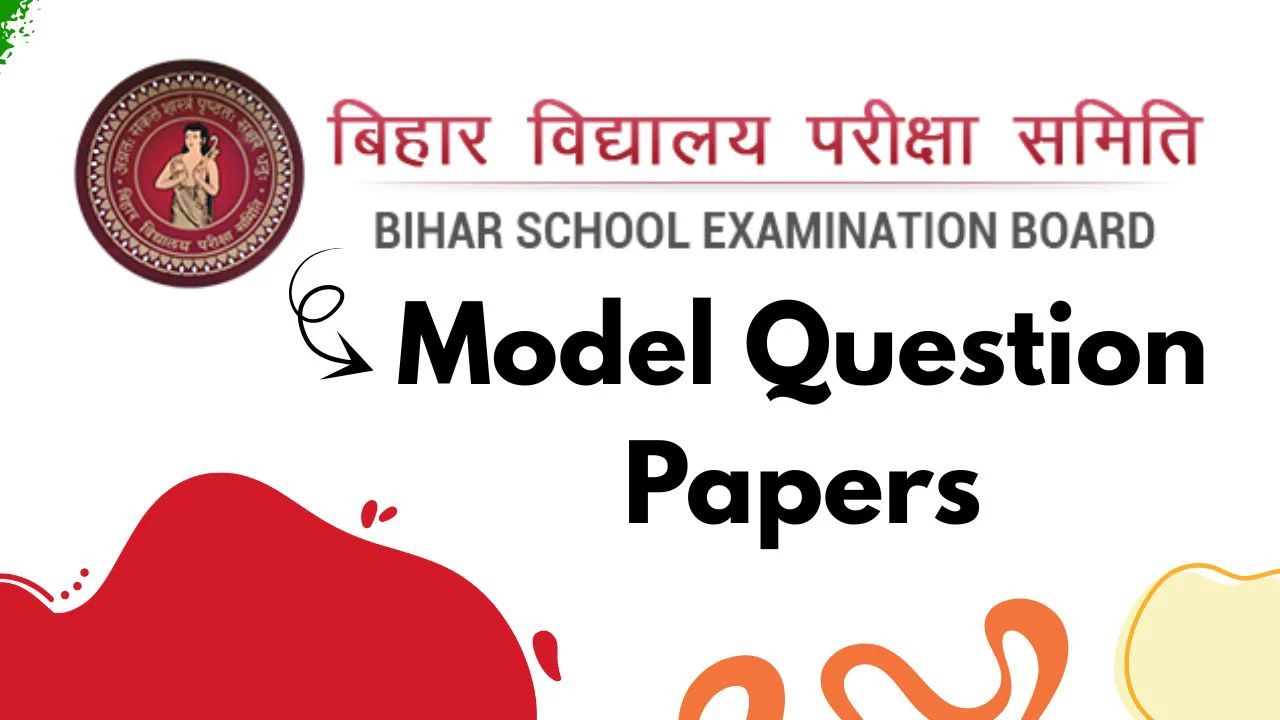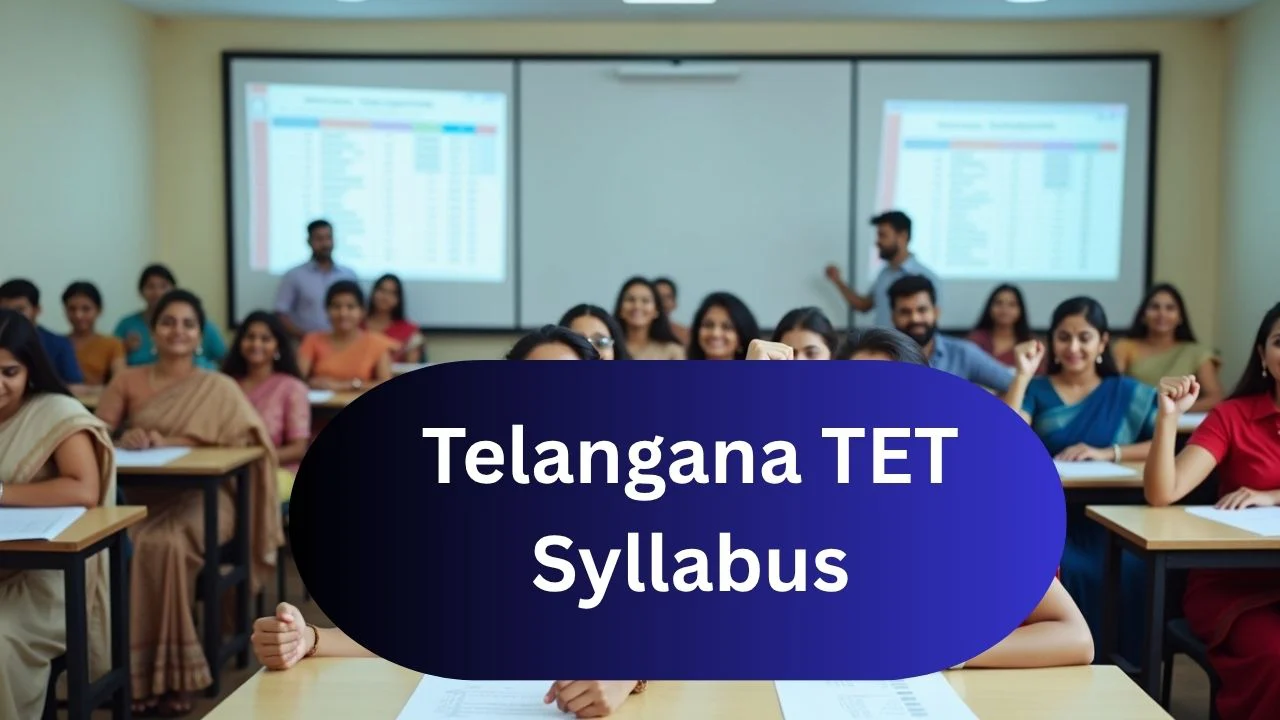The latest CBSE syllabus for Class 9 Social Science subject is available here. The board has released this syllabus for the new academic session. As you start with your studies in the new academic session, go through the full syllabus to know the course content. Marking the topics in each chapter as they are mentioned in the syllabus will make learning more simple and organised for you.
Download CBSE Class 9 Social Social Science Syllabus
CBSE Class 9 Social Science (Code No. 087) Course Structure 2022-23:
Theory Paper
Time: 3 Hrs.
Max. Marks: 80
| No. | Units | No. of Periods | Marks |
| I | India and the Contemporary World – I | 60 | 20 |
| II | Contemporary India – I | 55 | 20 |
| III | Democratic Politics – I | 50 | 20 |
| IV | Economics | 50 | 20 |
| Total | 215 | 80 |
Course Content
Unit 1: India and the Contemporary World – I (60 Periods) | |
| Themes | Learning Objectives |
| Section 1: Events and Processes: (All the three themes are compulsory)
I. The French Revolution · French Society During the Late · Eighteenth Century The Outbreak of the Revolution · France Abolishes Monarchy and Becomes a Republic Did Women have a Revolution? · The Abolition of Slavery · The Revolution and Everyday Life | In each of the themes in this unit students would get familiarized with distinct ideologies, extracts of speeches, political declarations, as well as the politics of caricatures, posters and engravings. Students would learn how to interpret these kinds of historical evidences. · Familiarize with the names of people involved, the different types of ideas that inspired the revolution, the wider forces that shaped it. · Know the use of written, oral and visual material to recover the history of revolutions. |
| II. Socialism in Europe and the Russian Revolution · The Age of Social Change · The Russian Revolution · The February Revolution in Petrograd · What Changed after October? · The Global Influence of the Russian Revolution and the USSR | · Explore the history of socialism through the study of Russian Revolution. · Familiarize with the different types of ideas that inspired the revolution. |
| III. Nazism and the Rise of Hitler · Birth of the Weimar Republic · Hitler’s Rise to Power · The Nazi Worldview · Youth in Nazi Germany · Ordinary People and the Crimes Against Humanity | · Discuss the critical significance of Nazism in shaping the politics of modern world. · Get familiarized with the speeches and writings of Nazi Leaders. |
| Section 2: Livelihoods, Economies and Societies Any one theme of the following IV. Forest Society and Colonialism · Why Deforestation? · The Rise of Commercial Forestry · Rebellion in the Forest · Forest Transformations in Java | · Discuss the social and cultural world of forest communities through the study of specific revolts. · Understand how oral traditions can be used to explore tribal revolts. |
| V. Pastoralists in the Modern World · Pastoral Nomads and their Movements · Colonial Rule and Pastoral Life · Pastoralism in Africa | · Highlight varying patterns of developments within pastoral societies in different places. · Analyse the impact of colonialism on forest societies, and the implication of scientific forestry. · Show the different processes through which agrarian transformation may occur in the modern world. · Analyse the impact of modern states, marking of boundaries, processes of sedentarization, contraction of pastures, and expansion of markets on pastoralism in the modern world. |
Unit 2: Contemporary India – I (55 Periods) | |
| Themes | Learning Objectives |
| 1. India · Size and Location · India and the World · India’s Neighbours | · Identify the location of India in the Indian subcontinent. |
| 2. Physical Features of India · Major Physiographic Divisions | · Understand the major landform features and the underlying geological structure; their association with various rocks and minerals as well as nature of soil types. |
| 3. Drainage · Major rivers and tributaries · Lakes · Role of rivers in the economy · Pollution of rivers | · Identify the river systems of the country and explain the role of rivers in the human society. |
| 4. Climate · Concept · Climatic Controls · Factors influencing India’s climate · The Indian Monsoon · Distribution of Rainfall · Monsoon as a unifying bond | · Identify various factors influencing the climate and explain the climatic variation of our country and its impact on the life of people. · Explain the importance and unifying role of monsoons. |
| 5. Natural Vegetation and Wild Life · Factors affecting Vegetation · Vegetation types · Wild Life · Conservation | · Explain the nature of diverse flora and fauna as well as their distribution. · Develop concern about the need to protect the biodiversity of our country. |
| 6. Population · Size · Distribution · Population Growth and Process of Population Change | · Analyse the uneven nature of population distribution and show concern about the large size of our population. · Identify the different occupations of people and explain various factors of population change. · Explain various dimensions of National Population Policy and understand the needs of adolescents as underserved group. |
Unit 3: Democratic Politics – I (50 Periods) | |
| Themes | Learning Objectives |
| 1. What is Democracy? Why Democracy? · What is Democracy? · Features of Democracy · Why Democracy? · Broader Meaning of Democracy | · Develop conceptual skills of defining democracy. · Understand how different historical processes and forces have promoted democracy. · Develop a sophisticated defense of democracy against common prejudices. · Develop a historical sense of the choice and nature of democracy in India. |
| 2. Constitutional Design · Democratic Constitution in South Africa · Why do we need a Constitution? · Making of the Indian Constitution · Guiding Values of the Indian Constitution | · Understand the process of Constitution making. · Develop respect for the Constitution and appreciation for Constitutional values. · Recognize Constitution as a dynamic and living document. |
| 3. Electoral Politics · Why Elections? · What is our System of Elections? · What makes elections in India democratic? | · Understand representative democracy via competitive party politics. · Familiarize with Indian electoral system. · Reason out for the adoption of present Indian Electoral System. · Develop an appreciation of citizen’s increased participation in electoral politics. · Recognize the significance of the Election Commission. |
| 4. Working of Institutions · How is the major policy decision taken? · Parliament · Political Executive · Judiciary | · Get an overview of central governmental structures. · Identify the role of Parliament and its procedures. · Distinguish between political and permanent executive authorities and functions. · Understand the parliamentary system of executive’s accountability to the legislature. · Understand the working of Indian Judiciary. |
| 5. Democratic Rights · Life without rights · Rights in a Democracy · Rights in the Indian Constitution · Expanding the scope of rights | · Recognize the need for rights in one’s life. · Understand the availability /access of rights in a democratic system/government. · Identify and be able to comprehend the Fundamental Rights given by the Indian Constitution to its citizens. · Create awareness regarding the process of safeguarding rights. |
Unit 4: Economics (50 Periods) | |
| Themes | Objectives |
| 1. The Story of Village Palampur · Overview · Organization of production · Farming in Palampur · Non-farm activities of Palampur | · Familiarize with basic economic concepts through an imaginary story of a village. |
| 2. People as Resource · Overview · Economic activities by men and women · Quality of Population · Unemployment | · Understand the demographic concepts. · Understand how population can be an asset or a liability for a nation. |
| 3. Poverty as a Challenge · Two typical cases of poverty · Poverty as seen by Social Scientists · Poverty Estimates · Vulnerable Groups · Interstate disparities · Global Poverty Scenario · Causes of Poverty · Anti-poverty measures · The Challenges Ahead | · Understand poverty as a challenge. · Identify vulnerable group and interstate disparities · Appreciate the initiatives of the government to alleviate poverty |
| 4. Food Security in India · Overview · What is Food Security? · Why Food Security? · Who are food insecure? · Food Security in India · What is Buffer Stock? · What is the Public Distribution System? · Current Status of Public Distribution System | · Understand the concept of food security. · Appreciate and analyse the role of government in ensuring food supply. |
CBSE Class 9 Social Science Syllabus 2022-2023: Download in PDF Here |










